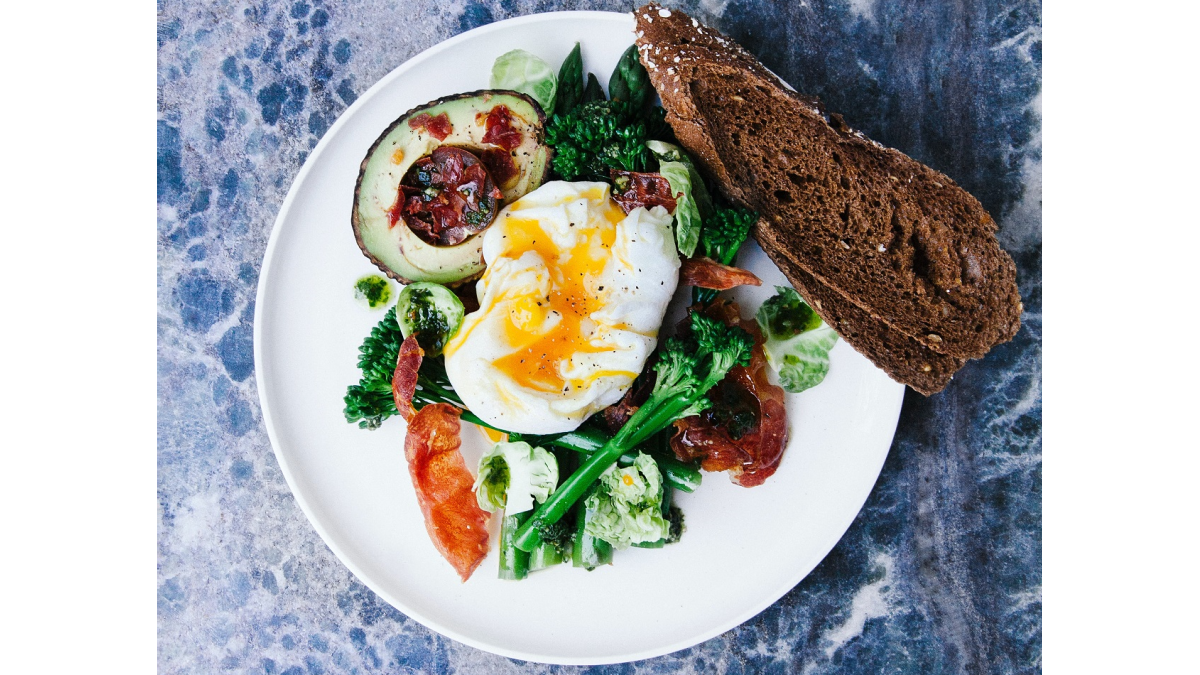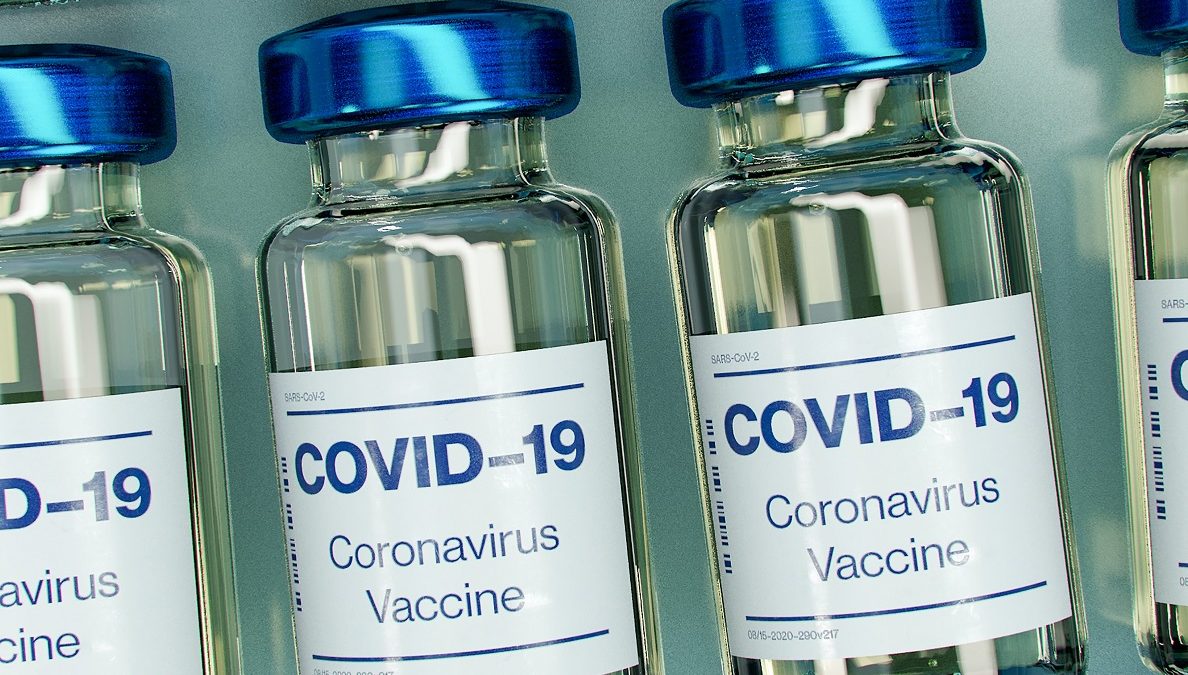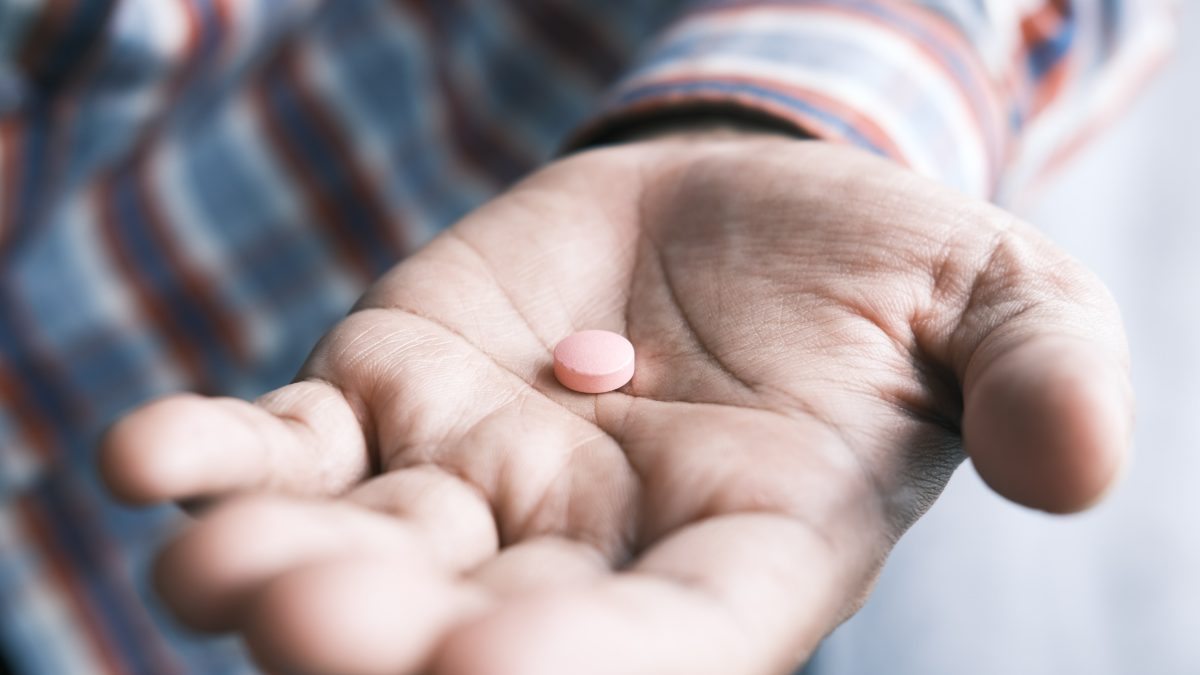This Week In Wellness Michigan Medical researchers have determined that it is the lifestyle factors that increase heart disease risk, not the presence of heart disease itself, that raises the risk of Covid-19 death. The study looked at over 5000 people admitted to Intensive Care Units with severe Covid in in the United States and… Continue reading TWIW 173: Lifestyle, not heart disease, raises Covid risk
TWIW 173: Lifestyle, not heart disease, raises Covid risk









